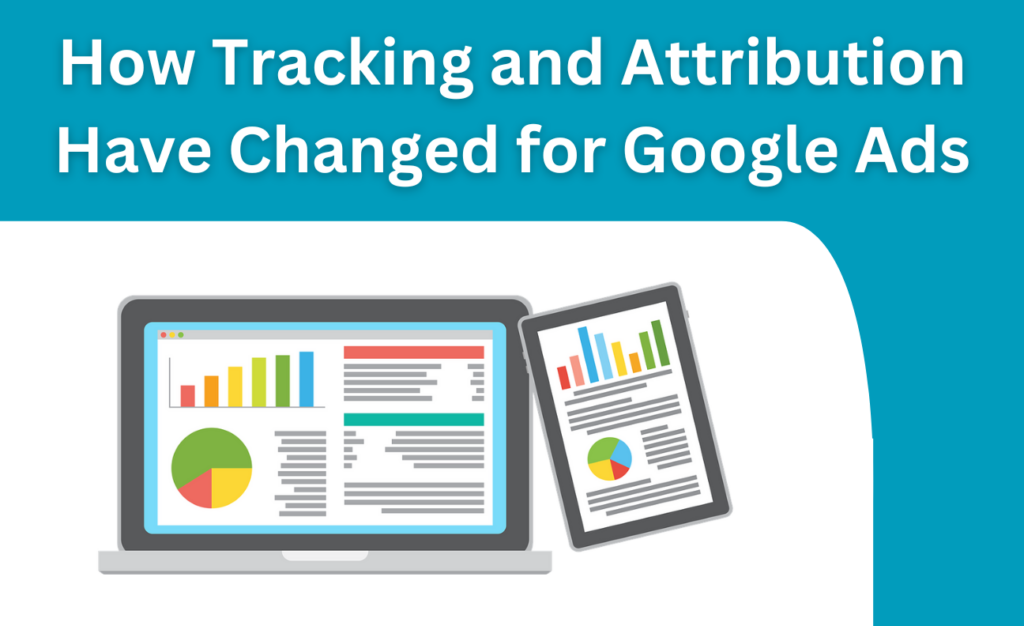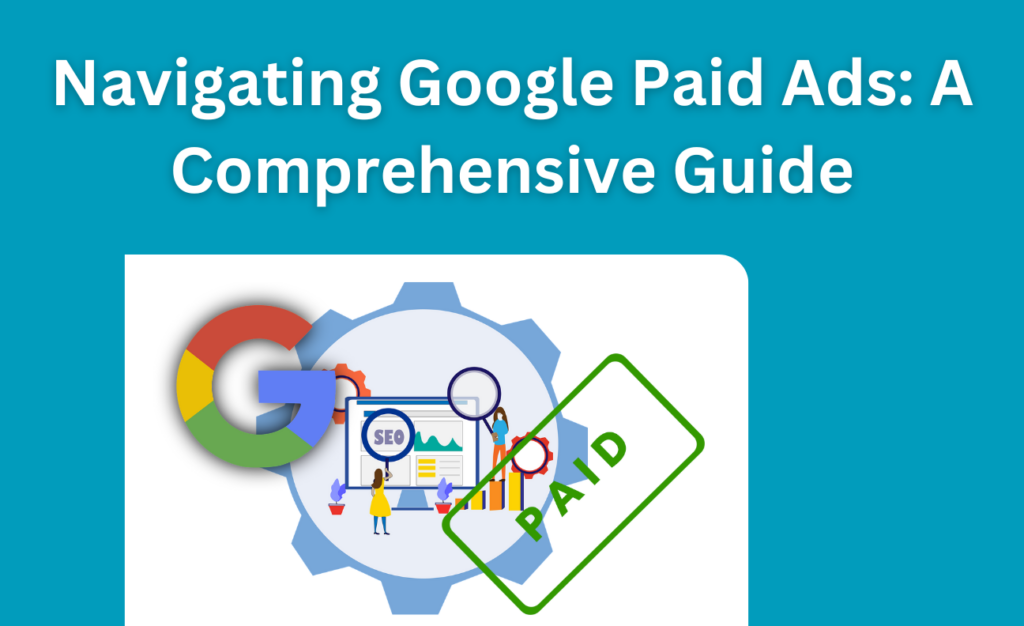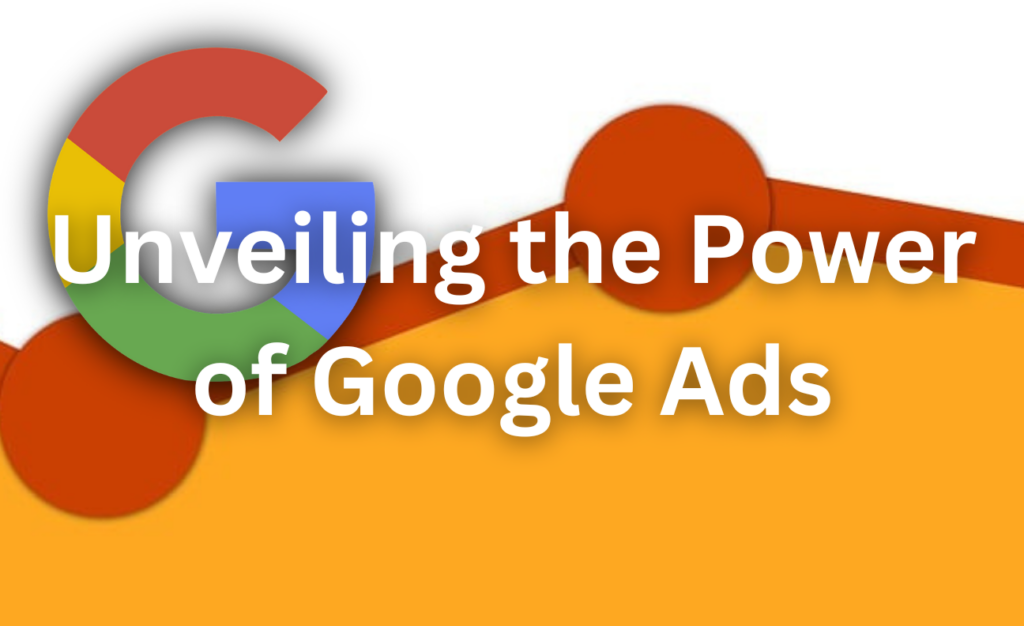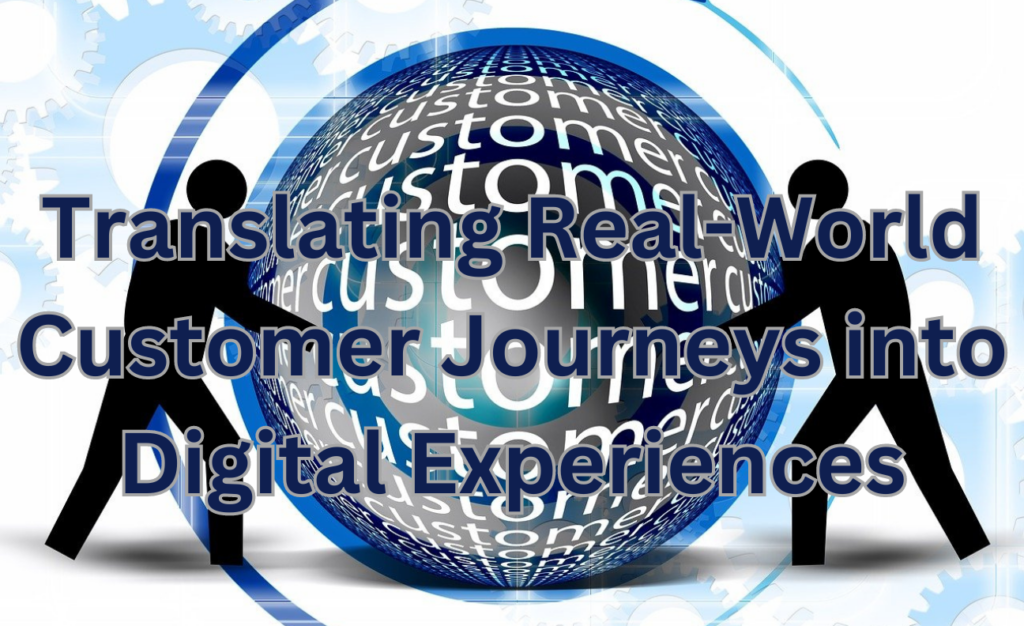In the past, the marketing industry has been shady about how data is used.
The truth is: data enables the free flow of information across the internet, as it allows data collectors to better gauge what the market is interested in, and then go and cater to it.
Of course, things can get ugly with the use of data, once personal information starts getting sold or gets tracked by market powers that should never have access to such information. But, most use of data comes from a more grounded need to better understand the consumers.
And because marketers have done a poor job explaining how they use data, the whole area of gathering and using data gets a bad rep.
The worst: trust suffers.
As marketers, we still have the chance to gain that trust and build systems around data that don’t undermine privacy; communicating in a transparent, controlled environment with the consumer.
We have a chance to bring stronger revenues for our clients and partners, while improving the lives of the customers.
Here’s how we can do exactly that:
Clear Value
The best way to put these data systems into practice is to offer a fair exchange of value.
By authenticating the identity of a consumer in a transparent manner, they gain access to what they are looking for, need, or want. The best part about all this: the consumer doesn’t need to pay for this, because they are making the lives of the businesses selling them what they are looking for, need, or want easier.
Marketers, in the middle of all this, have the job to make this process as straightforward as possible, while improving their own performance because of an improved understanding of both the businesses and the consumers.
In a clearly defined system around data, the value is clear, and it’s a win-win(-win) for everyone involved.
Mutual Benefits for Everyone Involved
Businesses, by identifying their audience and their wants and needs, get real-time data to enable targeting and further development of targets.
This means that the business can truly unlock the potential of what they are selling, and work on what to develop next in a more informed manner.
Interestingly, the said steps also eliminate the need for third-party cookies; probably the hottest topic in data collection currently.
To provide some context, solutions based on authentications enable addressability through the data systems, allowing marketers to eliminate their dependency on third-party cookies. All cookies are doing at the moment is acting as the middle information, let’s say, rather than the end information that the businesses need and the marketers are after.
Interestingly, doing so also doesn’t require an overhaul of the systems in place currently. None of this is rocket science.
Beyond the benefits to users, businesses, and marketers, there are also ways that platforms run by businesses can reap the rewards of authentication solutions.
In particular, authenticated data is more stable than third party cookie data, comes with higher security standards than cookies following someone around the internet and hence, enables better privacy, which is what the consumers are wanting in the first place.
Thinking of the Future
Authentication solutions are a positive for the whole use of data and the future of marketing.
They build consumer trust because the consumer can remain in control. They create an environment where marketers and businesses can more easily work together to deliver meaningful efforts directed towards the consumers. And the potential for marketers is endless here.
For marketers, there is huge potential to connect all of this authenticated, first-hand data to a people-based identity, and continue using it to personalise the consumer journey across the board; no matter what sector.
So, it’s time to build the modern-day data systems to transact on authenticated, people-based identity and to say goodbye to third-party cookies.
It’s time to build data systems that are rooted in trust and put the consumers first; not just in words, but in reality
And find out how we can help by checking our digital marketing services.










